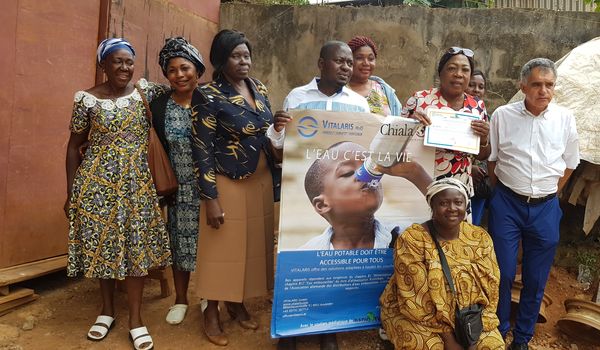This study on diaspora support programmes in development cooperation is part of the Vienna Institute for International Dialogue and Cooperation's focus on diaspora policies and is financially supported by the Austrian Development Agency (ADA). It aims to provide practical guidance to institutional actors on the development of a diaspora support mechanism for Austria and to stimulate innovative forms of funding. The study examines current European Commission diaspora support programmes and focuses on those in five European countries: Denmark, France, Germany, Italy and Switzerland, based on which recommendations are developed.
Diasporas as development actors
The literature and policies of the aforementioned countries show that diasporas are recognised as development actors due to their transnational characteristics which enable them to establish relations between their countries of origin and residence and to play important roles in transferring knowledge and skills. Diasporas, individually and collectively, help improve the living conditions of their families and communities in their countries of origin through remittances and investments. Development agencies have thus created support mechanisms to enable diasporas to realise their potential and increase the effectiveness of their development activities. Diasporas are also active in integration processes in their host countries; this study however focuses exclusively on development cooperation and humanitarian aid.
The report consists of four sections: firstly, an introduction which describes the subject and research methods; secondly, definitions of diaspora and Diaspora Organisations (DOs), their potentials for development, and support approaches in the selected countries. The third section presents examples of current initiatives; this is based on a desk study, and both uses pre-existing data and reviews the policies of the selected countries. In the fourth section, the study provides recommendations related to diaspora engagement in development cooperation.
The initiatives and level of support vary from country to country and depend on the focus of the projects. Most fall within the policy frameworks of the selected countries and include capacity building programmes, networking and advocacy, project funding, diaspora entrepreneurship, and partnerships with the Global South to pave the way for diaspora engagement in their countries of origin.
Recommendations
In the study, the researcher developed four specific recommendations with respect to Austria:
R#1:
A survey or community-specific surveys should be conducted on the backgrounds, capabilities, activities, and structures of DOs, as well as on opportunities and challenges faced in developing diaspora support policies in Austria.
R#2:
Based on these findings, a support mechanism should be developed on state and regional levels in Austria that provides the right conditions and necessary resources to engage DOs in development cooperation and humanitarian aid.
R#3:
Cooperation and coordination with diaspora countries of origin should take place in order to remove internal barriers to the development activities of diaspora members and organisations. This can be in the form of awareness campaigns for relevant departments in those countries, or through cooperation to create a strategy for the diaspora to be included in the development cooperation.
R#4:
Partnerships with donors from other countries should be developed. This will help to share the costs of diaspora support programmes and development projects, as well as to enable diasporas to share experiences.

